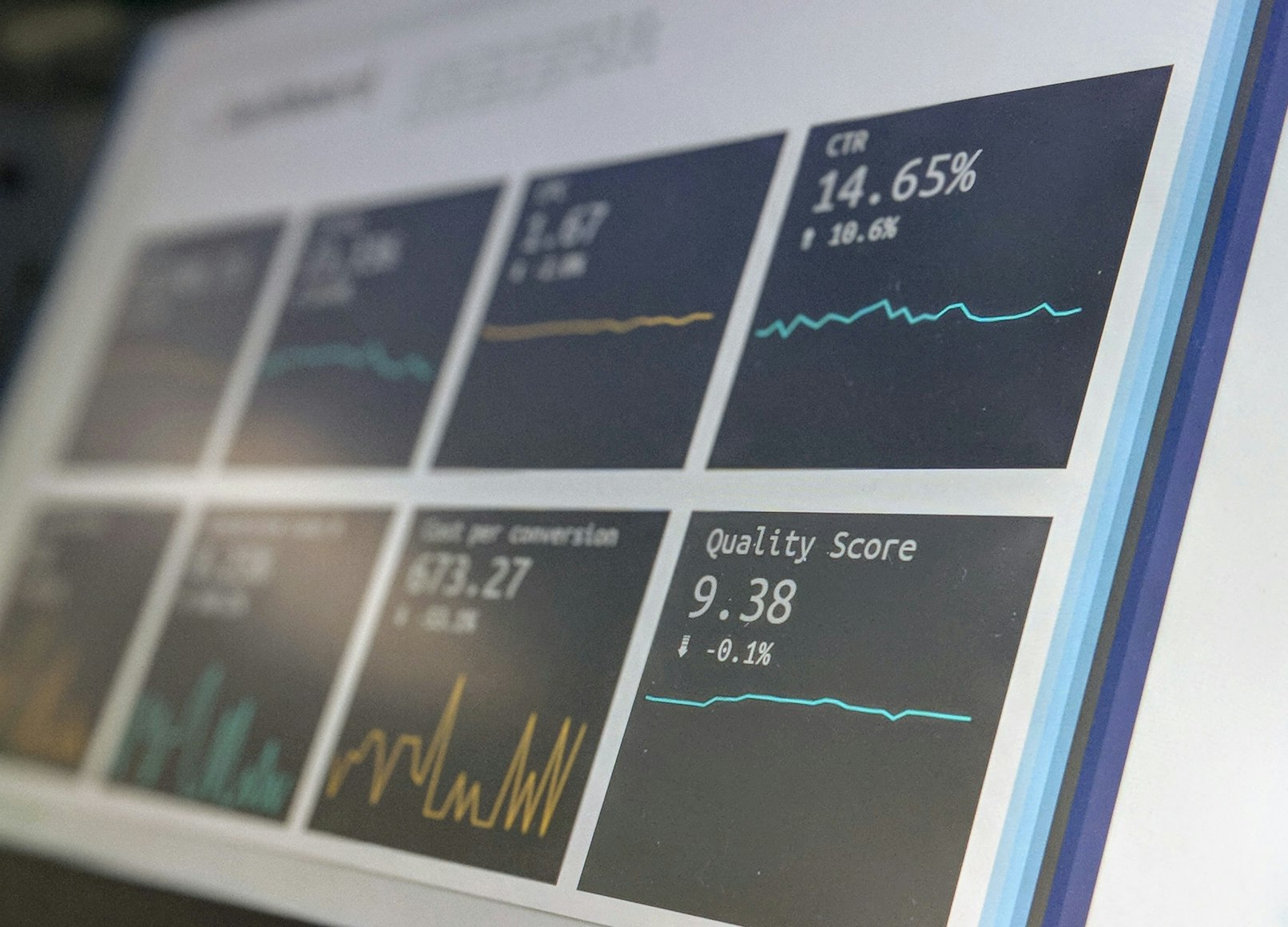Make a step-by-step to drive business with a clear outline, increase the chance to reach your target.

expertise
Digital Strategy
Plan your business to achieve online and offline supreme goals.
Essence
/essence/


















Skills
/skills/
Data Literacy
Data literacy is the ability to read and understand data in context. We use this skill to understand consumer research and analytics results. A digital strategist might conduct consumer research to understand the behavior of their target marketing audience — an understanding of data sources and constructs, applied method, including the ability to describe use case, and application and resulting value.
Another key part of digital strategy is analytics, which are tools and programs that measure how effective a brand's messaging is across different digital channels, like social media accounts, pay-per-click advertising, and website or landing pages. By reading analytics reports or data, a digital strategist can identify which digital channels to prioritize to reach their engagement goals — including deriving value.
Market Research and Analysis
Market research analysts pore over trending keywords, survey responses, social media mentions, and other data to find answers. In essence, they transform information into actionable insights that will help companies develop everything from competitive product launches to effective marketing campaigns.
A market research analyst conducts qualitative and quantitative research. In other words, they gather statistical data and solicit responses about people's beliefs, opinions, and experiences. Market research analysts investigate new and existing markets, learning as much as possible so they can deliver precise suggestions.
As a company develops new offerings—like products, services, or ideas—market research about competitors, similar products, and potential sales can help successfully position each launch. Market research analysts investigate new and existing markets, learning as much as possible so they can deliver precise suggestions.
Competitor Analysis
Competitor analysis is researching one of your competitors to analyze its products, sales, and marketing. Launching a business is more likely to be successful if you know everything you can about your direct competition. Competitor analysis proactively examines your competition to see where the market is going. A competitor analysis sets your business up for success.
After you gather information on your competitors, look at their digital content. What is working? If you were a customer, what parts of your competitor's social media presence appeal to you? Better yet, what would appeal to customers even more?
When you analyze your competitors, you will see their strengths and weaknesses. But the real advantage is the ideas the analysis stimulates. Jot down what you are thinking, and make a list of all the actionable items that you can implement.
User Experience Research
UX (user experience) research is the study of learning what end users of a system or product need and want, then employing those insights to enhance the design process for products, services or software. UX research can take different forms depending on the area of focus. For example, for product teams, UX research could mean validating concepts and prototypes; while for marketing teams, it might mean testing brand designs and messaging before launching products.
When they conduct UX research, UX researchers uncover the motivations, behaviors and needs of users via observations, analyzing how they perform certain tasks. UX research can also involve working directly with users via UX testing sessions, remotely observing users using digital tools, surveys to collect user feedback, and other methods.
UX researchers test theories about people's behaviors and attitudes based on numerical and statistical evidence. The goal is to quantify the experience of a user, generally by measuring one metric. They qualitative method as well focuses on understanding the why, as in, why users behave the way they do or why they need or want a certain product to work in a particular way.
Analytical Thinking
Analytical skills in digital strategy are problem-solving skills that help you parse complex data and information to develop creative, innovative, and rational solutions. An analytical person in the workplace focuses on making sense of the facts and figures and using logical thinking practices to identify problems or data. Analytical skills examples include data analysis, research, creativity, and communication.
Digital strategists use their analytical thinking skills to design effective digital strategies. They might consider a wide range of factors when choosing digital channels for a campaign, including consumer interests, accessibility, and the desired outcome of an advertisement. They might also integrate purchasing options into their social media account, making it easier for consumers to purchase from their mobile devices.
Faqs
/faqs/
What marketing channels should I be focusing on?
Why do I need Data Literacy?
What social platforms will help me gain the full potential of digital strategy?
How long does it take for me to get the benefit of digital strategy?
Can I hire you for this expertise on my project?
next capability


